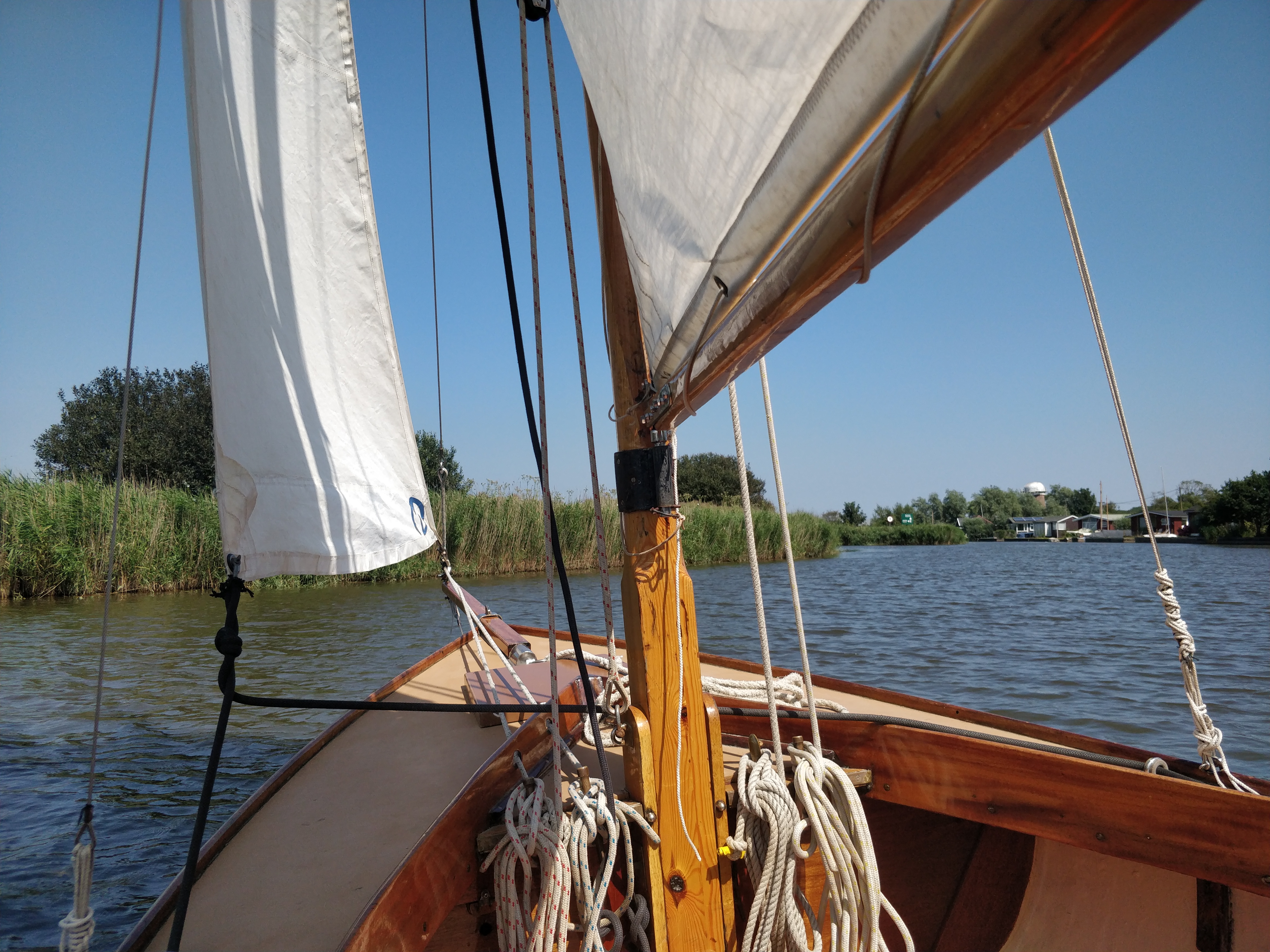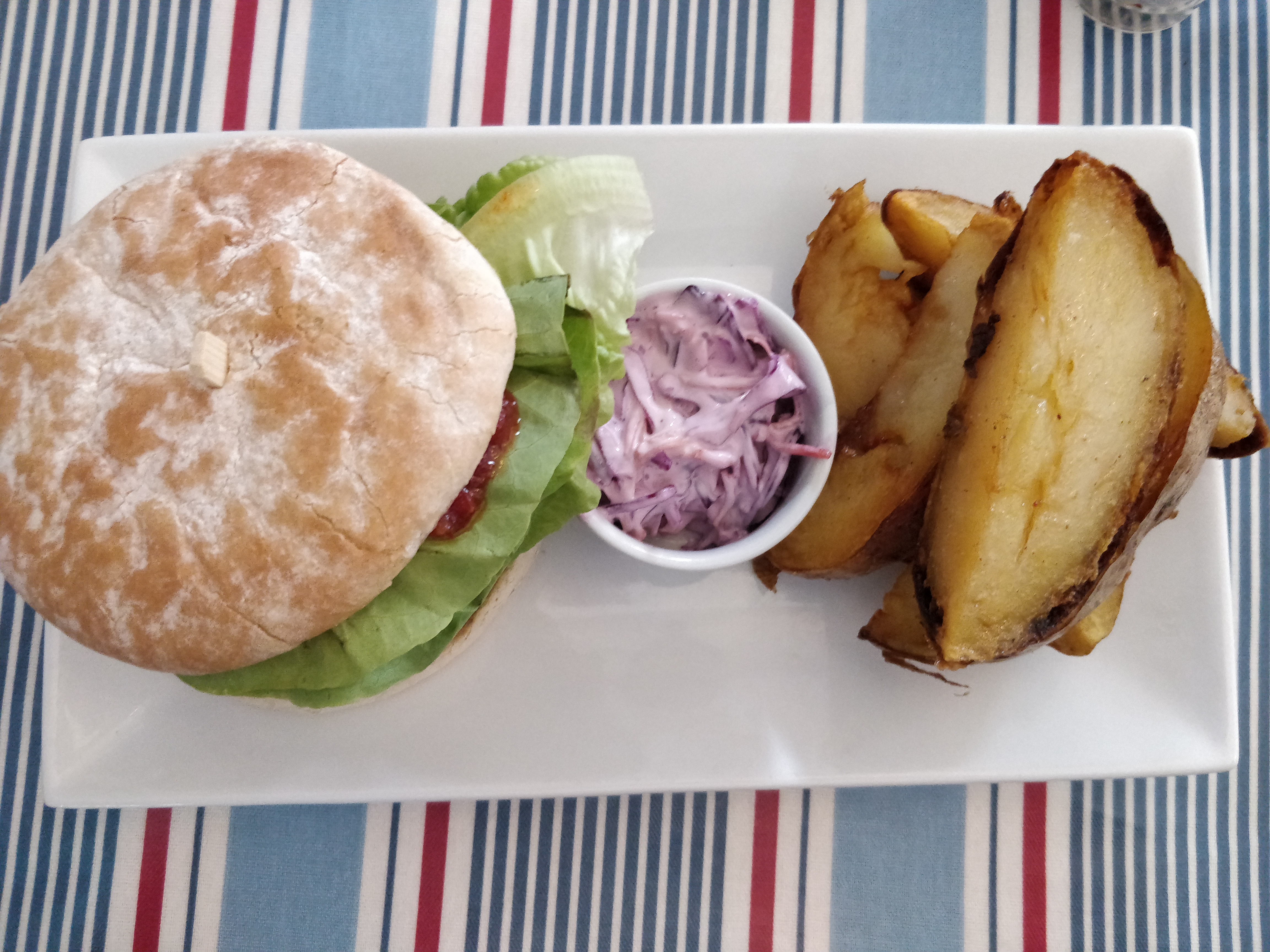As awareness of environmental issues grows, more families are looking to make travel choices that align with sustainable values. Sustainable travel not only helps protect the environment but also enriches your family’s travel experience by fostering a deeper connection with local communities and natural spaces. Whether you’re planning a weekend getaway or a longer holiday, there are plenty of small, eco-friendly changes you can make that will have a positive impact.
In this guide, we’ll look at some practical and accessible eco-friendly travel tips for families, from planning the trip to exploring responsibly at your destination.
1. Choose Sustainable Destinations and Accommodation
When planning an eco-friendly family holiday, the destination you choose can make a significant difference. Opt for locations that prioritise sustainability, such as cities with good public transport options, eco-friendly resorts, or places known for their conservation efforts. National parks and rural destinations are often excellent choices for eco-friendly holidays, offering opportunities for families to experience nature while supporting protected areas.
When it comes to accommodation, many hotels and resorts now implement eco-friendly practices, such as energy-efficient lighting, water conservation, and waste reduction programmes. Look for hotels with recognised green certifications, such as Green Tourism or EarthCheck, which indicate that the establishment has met specific environmental standards. Alternatively, consider staying in a small guesthouse, eco-lodge, or even camping if your family enjoys outdoor adventures – these options generally have a smaller environmental footprint than large resorts.
2. Travel by Train or Bus When Possible
How you travel to your destination is one of the biggest factors affecting your carbon footprint. Although flying is often the most convenient way to reach international destinations, air travel contributes significantly to carbon emissions. When possible, consider alternative forms of transportation like trains, buses, or carpooling.
For destinations within the UK or Europe, trains can be an excellent eco-friendly option. Rail travel is generally far less polluting than air travel, and it can add a new level of adventure to your journey. Trains allow for scenic views, more space for children to move about, and the freedom to bring along snacks and entertainment. Many European cities are well-connected by train, making it easy to reach your destination while minimising your carbon impact.
If flying is unavoidable, try to book direct flights rather than those with multiple stopovers, as take-offs and landings use more fuel. Additionally, some airlines offer carbon offset options, allowing passengers to contribute towards environmental projects that reduce or capture carbon emissions.
3. Pack Light and Bring Reusable Essentials
Packing light has a surprisingly positive impact on your carbon footprint, as lighter luggage reduces fuel consumption for transportation. Try to pack only what’s necessary, and opt for versatile clothing that can be layered or easily mixed and matched.
Bringing reusable items is another way to reduce waste and your environmental impact while travelling. A few key reusable items include:
- Water bottles: A stainless steel or BPA-free bottle is a great way to avoid purchasing plastic bottles. Many airports and public areas now have refill stations.
- Travel cutlery and containers: Reusable cutlery, straws, and containers are perfect for family picnics or takeaway meals, helping reduce reliance on disposable plastics.
- Tote bags: Lightweight, foldable tote bags are handy for groceries, beach days, or carrying souvenirs, reducing the need for single-use plastic bags.
- Reusable toiletries: Items like solid shampoo bars, bamboo toothbrushes, and refillable containers for toiletries help minimise plastic waste.
Encouraging your children to have their own small eco-friendly travel kits can make them feel more engaged in the effort to reduce waste.
4. Explore Local and Sustainable Dining Options
Food is a huge part of the travel experience, but it also has environmental impacts. Supporting local farmers and small, family-owned restaurants not only reduces food miles but also gives your family an authentic taste of the area. Locally-sourced meals are often fresher and reflect the culture of the destination more accurately.
Where possible, try to dine in establishments that prioritise local, organic, or seasonal produce. Farmers’ markets are fantastic for picking up fresh, local snacks and letting your children explore the variety of produce unique to that region. Opting for plant-based meals when you can is another eco-friendly choice, as plant-based diets generally have a lower environmental impact than meat-based ones.
If your accommodation has self-catering facilities, consider cooking some of your meals using locally-sourced ingredients. Not only is this often more budget-friendly, but it’s also an opportunity to introduce children to regional ingredients and local cooking styles.
5. Respect Wildlife and Natural Spaces
When travelling with children, it’s essential to set a good example of respecting wildlife and natural spaces. Many popular travel destinations are home to delicate ecosystems, and it’s important to follow local guidelines to protect these environments.
Some key principles include:
- Avoid feeding or approaching wildlife: Feeding animals disrupts their natural diet and can cause them to become dependent on humans. Observe wildlife from a distance and teach children to respect animals’ habitats.
- Stick to designated trails: Hiking off-trail can damage fragile plant life and disrupt animal habitats. Most parks and reserves have well-marked paths to minimise environmental impact while allowing visitors to enjoy the beauty of nature.
- Leave no trace: Encourage children to pick up after themselves, and take all rubbish with you. Leaving no trace ensures the area remains clean and enjoyable for future visitors and protects the ecosystem.
Consider eco-friendly wildlife tours or nature guides, which are often run by local experts who understand how to interact with the environment responsibly.
6. Educate Your Children on Sustainable Practices
One of the best aspects of travelling with family is the chance to teach children about the importance of sustainability and environmental responsibility. Travel provides a unique opportunity to learn about different cultures, ecosystems, and the importance of preserving them. Use moments on your holiday to discuss the impact of choices on the environment and local communities.
Many destinations have eco-centres, wildlife reserves, and conservation projects that offer interactive experiences for children. These activities not only make the holiday more meaningful but also help children gain an appreciation for protecting the environment. From recycling waste to choosing sustainable transport, encourage children to play an active role in making eco-friendly choices.
7. Offset Your Carbon Footprint
If your travel plans involve flights, carbon offsetting can be an effective way to balance your environmental impact. Carbon offsetting works by compensating for emissions produced through donations to projects that reduce greenhouse gases, such as renewable energy initiatives, tree planting, or clean water projects.
Many airlines now offer offset programmes when you book your flights, or you can choose independent organisations like Gold Standard or ClimateCare to ensure your contribution is going towards verified, impactful projects.
Conclusion
Travelling sustainably as a family is not only beneficial for the environment but can also make the experience richer and more fulfilling. From choosing eco-friendly destinations to supporting local businesses and respecting natural spaces, every small step counts towards creating a more positive impact. By adopting eco-friendly travel practices, you can enjoy a memorable summer holiday while setting an example of environmental responsibility for future generations. So, pack your reusable essentials, explore local markets, and enjoy a sustainable summer adventure with your family!















Subscribe and Follow